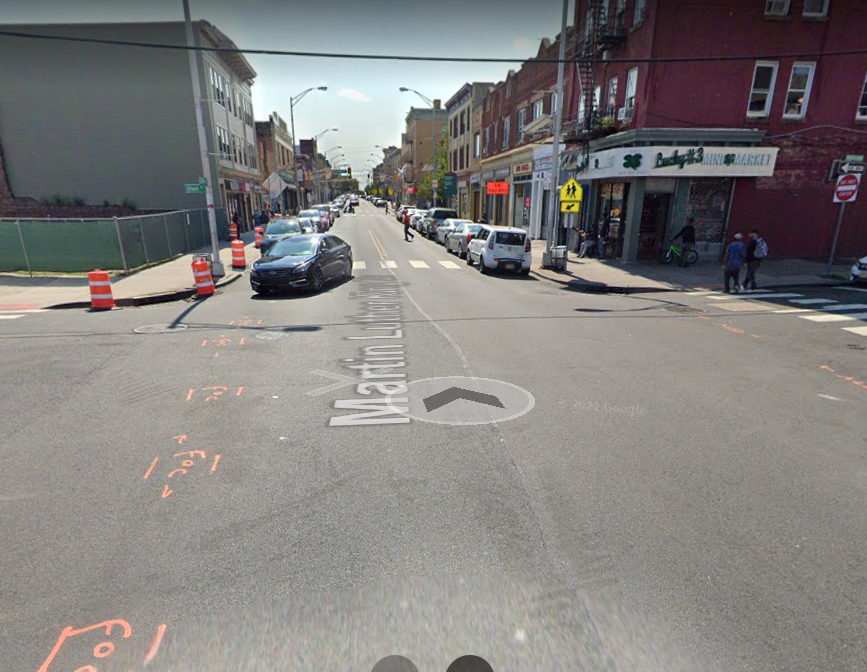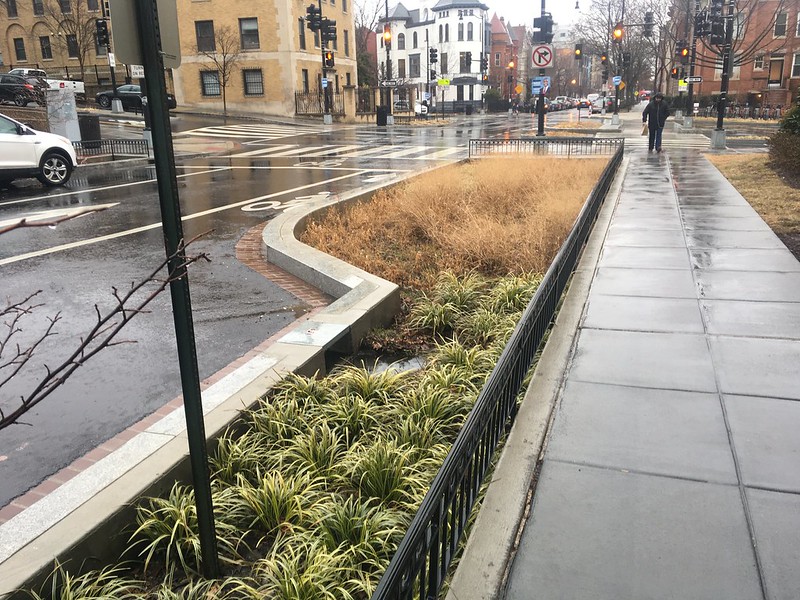
Jersey City will take proceeds from two grants they recently were awarded nearing $3 million dollars and invest in the resiliency and beautification of Martin Luther King Drive. A $2 million grant from the USDA’s Urban and Community Forestry program will invest in what the city is calling the MLK Drive Green Corridor and Outreach Project. With the grant, the city will fund the planting of 160 trees specifically in and around the Jackson Hill neighborhood. The trees will alleviate heat island effects while adding a touch of tranquility to the area.
Trees have shown to offer numerous benefits, including improved mental and physical health. Among the advantages were lower stress, lower blood pressure, general mood improvement, and even an improved immune system.
In addition, trees help remove carbon from the air, with a single tree averaging 48 pounds of carbon removal a year according to the Arbor Foundation. Other benefits include water filtration, flood mitigation, climate change mitigation, wildlife habitat creation, and economic opportunities. In short, trees are a big win for society.
The city stated they are on pace for planting 350 trees throughout the city this year.

Jersey City was also awarded an $800,000 grant from the New Jersey Department of Environmental Protection which will fund green infrastructure improvements on MLK Drive and also beautify the area through the installation of rain gardens and bioswales. Rain gardens and bioswales are green infrastructure mechanisms, but also lend beauty to the area through plants.
Rain gardens are typically placed in an area that is prone to puddling, using native plants to soak up the water and remove chemicals and sediments from rainwater runoff. A bioswale is similar in that it is uses vegetation in its design to capture stormwater runoff and filter out chemicals before eventually draining into the stormwater system. However, bioswales differ in that instead of a single collection site, they are formed as a channel or small ditch. Typically, in urban areas they are implemented in a pleasing landscaped strip running along the side the road. Once implemented, these infrastructure upgrades will beautify the area while making it more resilient.

Finally, the grants will also establish programs to maintain and expand Jersey City’s urban forestry efforts, including hiring and training seasonal workers and creating paid Youth Tree Ambassador Programs and workforce development workshops.
Volunteers interested in participating in Jersey City’s tree planting efforts can contact the Jersey City Department of Infrastructure at 201-547-4727